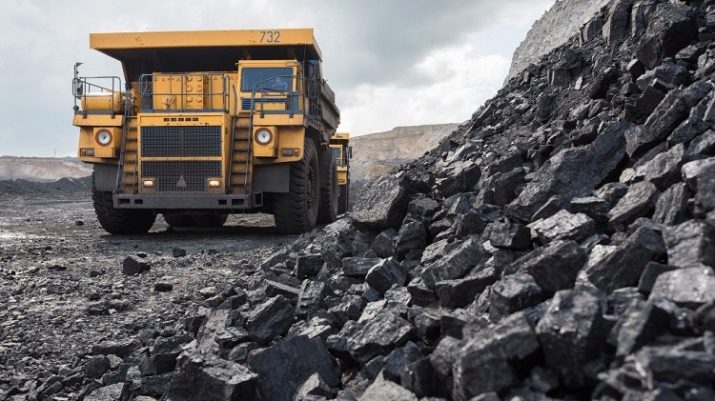All about the profession of a VET engineer

The article contains everything you need to know about the profession of a VET engineer, about his duties and other provisions of the job description. In addition to decoding the abbreviation, people interested in the topic should definitely familiarize themselves with the professional standard of this profession and with ETKS. It is equally important to find out the details about heating networks and other places for the work of PHE engineers.

Description
Explanation of the abbreviation is very simple: we are talking about the production and technical department. And this structure is busy preparing full-fledged conditions for this or that activity. In short, if such a department does not work properly, not a single construction will even go to the stage of marking for the foundation pit, and no goods will also be released. A similar structure deals with:
- formation and approval of design materials;
- making calculations and creating estimates;
- day-to-day control of work processes;
- drafting contracts with subcontractors;
- elaboration of technological maps.
But the profession of a VET engineer, in addition to ensuring the orderly course of technical and work processes, implies active use of advanced technological developments and innovations. Therefore, there is no talk of any "boring digging in drawings and details". To become a leading VET specialist - even at heating networks, at least at other facilities, you will have to master the control of direct work and prepare for instructions from the direct executors. Along with the purely technical aspects, planning will also need to be mastered. Many representatives of the profession are engaged in independent research and development.
Moreover, in case of any misunderstandings, primarily with regulatory documents, diagrams and drawings, everyone usually goes to consult at the VET.
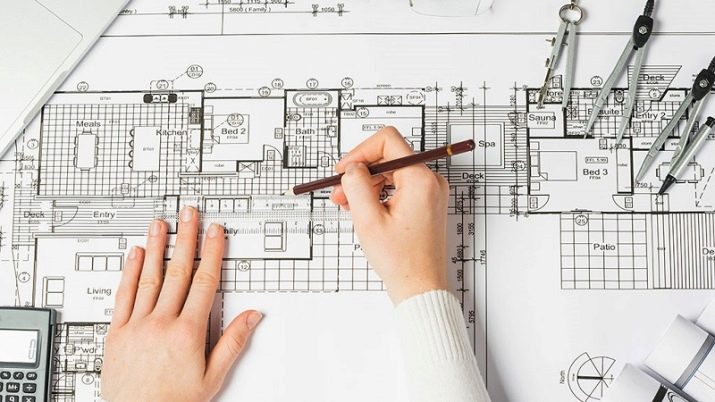
Job description
Responsibilities
The breadth of functional tasks of VET engineers does not allow them in many cases to do without assistants. The larger the production or construction, the more relevant the assistance of other people and the distribution of efforts. However, when implementing small projects, maximum powers are concentrated in the hands of some people. That is why it is so important for any company to promptly edit the documents defining these powers and functions - job descriptions, staff schedules and pay scales. The key functions are:
- technical Supervision;
- verification of compliance with the requirements in accordance with the manual for executive documentation;
- conformity assessment of the declared and performed scope of work (product release, provision of technical services);
- checking the requirements of design estimates, working drawings, SNiP, GOST and standards of other countries;
- verification of compliance with corporate technical specifications;
- assessment of compliance with labor protection standards;
- assessment of compliance with sanitary, hygienic, biological, electrical and other standards (according to the specifics of certain facilities);
- establishing the reasons why the deadlines were missed and / or the quality of work was not maintained;
- assistance in eliminating deficiencies;
- technical acceptance of constructed facilities, finished industrial products;
- keeping records of actually performed work and services rendered;
- recalculation of the cost as required;
- preparation of estimates for auxiliary and unplanned work;
- generation of reports;
- coordination with interested persons and organizations of calculations, estimates;
- fulfillment of additional orders of managers - within the limits that do not interfere with the performance of basic functions.

Rights
Of course, such serious obligations are accompanied by solid powers to fulfill them. VET engineers have the right, for example, to give their subordinates (directly or as part of a subordinate unit) instructions within their competence. After the issuance of any order, it becomes possible to control its execution. There is also the right to ask subordinates how conscientiously they are doing their main job. As required, engineers have the right to request any information and documents.
Also, their powers include:
- direct (with the notification of the management and with its general consent) contacts with third-party institutions and organizations;
- making proposals to improve their work and the functioning of other structural divisions;
- the ability to achieve the maintenance of optimal organizational and technical conditions, the implementation of standards on the part of the management.

A responsibility
Knowing what this professional is responsible for is also very important. His responsibilities include:
- failure to fulfill the obligations assumed;
- untimely or incomplete work;
- violation of established instructions and other orders;
- disclosure of official secrets;
- use of the position held for personal purposes, including for enrichment outside of the organization;
- disclosure of confidential information;
- violation of labor discipline, fire and technological safety measures.
In the all-Russian classifier ETKS for VET engineers, position 16.032 is assigned. Officially, she is described as "a specialist in the field of production, technical and technological support of construction production." No wonder - in the construction industry, such a position is more common than in industrial production. The professional standard establishes the following points of activity:
- maintaining archives of organizational, technological and executive documentation;
- elaboration, registration and approval of projects;
- formation of documentation for putting objects into operation;
- incoming control of information materials;
- planning the development of design materials by other specialists, tracking this development.
What an engineer does depends a lot on his category.
- Those to whom it has not yet been assigned generally perform the simplest actions under the constant supervision of more experienced specialists. The 3rd category allows you to prepare simple drawings and secondary documents, but not to solve any important tasks.
- The 2nd category can calmly perform the same things as employees of lower groups, and without constant supervision of the leadership. There is also the right to independently prepare assembly and assembly drawings for serial proven solutions.
- A specialist of the 1st category can in some cases, at the direction of the leading engineers of the VET or the chief engineers of organizations, independently prepare materials for new types of products or new construction projects.
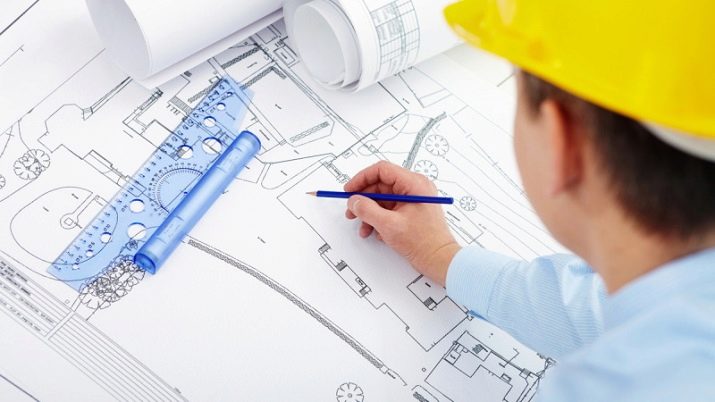
Requirements for a candidate
Candidates for the post of VET engineer are required to have a strong professional background. The key skills are:
- the ability to draw up and analyze all types of documents of a technical and financial plan, compare them with each other and with reports;
- willingness to formulate technical plans and cost estimates;
- the ability to correctly evaluate the work performed from a technical and economic point of view;
- knowledge of control equipment, the ability to read its indicators, apply them ready-made or by calculating using formulas.
A good specialist should know:
- the specifics of work in general and at specific facilities or organizations;
- legal norms;
- positions of job descriptions;
- instructions from various departments and regulatory organizations;
- GOST, SNiP, codes of practice;
- strength of materials;
- general physics and higher mathematics - within the course taught for the technical specialties of universities.
Personal qualities also play an important role. The production and technical department almost always works in a busy mode or time pressure mode, therefore, stress resistance is extremely significant. Also relevant:
- concentration of attention;
- pedantry (in a good sense of the word);
- high level of responsibility;
- analytical way of thinking;
- the ability to switch between different tasks.
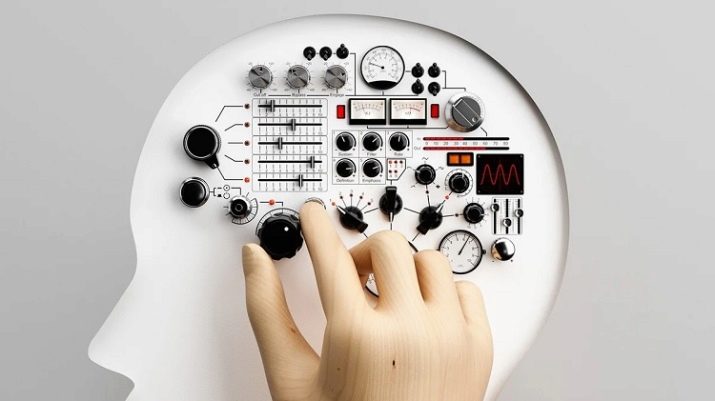
Education
You can get an education in the specialty of a VET engineer in technical educational institutions - secondary specialized or universities. However, this does not mean that it does not matter where exactly to study. Unambiguous preference should be given to institute or even university training. If you choose a technical school (college), then you will need advanced training very soon, and it is not even a fact that you will be able to find a job. In the process of preparation, you will naturally need to master mathematics and natural sciences at a good level.
The specific specialization is almost not regulated. It usually refers to construction, utilities, capital repairs, or energy. The bulk of educational positions are open in educational institutions of architectural, construction and polytechnic profile. You can even find them in medium-sized cities. But it should be borne in mind that production and technical departments at industrial enterprises of various profiles also need specialists - and therefore training can be done in industrial educational institutions.
Main curricula:
- industrial and civil construction;
- mine and underground construction;
- production and use of building materials, products and structures;
- design and construction of engineering systems for energy supply and life support.

VET specialists are trained in:
- MEI;
- Crimean Federal University;
- SUSU;
- RANEPA;
- Peter the Great Polytechnic University;
- DFU;
- Russian Geological Prospecting University;
- RUDN University;
- MISIS;
- UrFU;
- Kuban Agrarian University;
- MEI;
- NCFU;
- Far Eastern Transport University;
- technical universities of Voronezh, Samara, Kaliningrad, Rostov-on-Don and Volgograd;
- Novosibirsk University of Architecture and Civil Engineering;
- Siberian University of Water Transport.
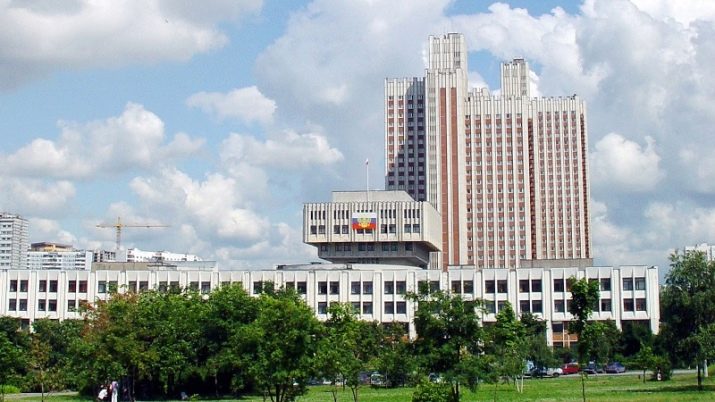
The salary
The income of VET engineers in Russia can vary greatly. His usual rate is as follows:
- Tyumen region - 66,000;
- KhMAO - 69,000;
- Krasnodar - 57,000;
- Irkutsk region - 69,000;
- Tuva and Chukotka - 90,000;
- Yakutia - 89,000;
- Sverdlovsk Region - 55,000;
- Amur Region - 74,000 rubles.
Career
You can usually take a serious career step after 2-4 years of work in your specialty. After completing a number of projects in the position of a qualified engineer of the highest category, you can head the department. Further, depending on the hierarchy and the benevolence of the management, you can gradually get to the position of the head of the enterprise.
Having gained experience, you can start fulfilling orders of small firms that do not have full-time engineers or estimates. Much depends on the determination and professionalism of the workers themselves.

Place of work
Many small organizations open jobs for people with no experience... The terms of payment in them are not very favorable, but you can gain experience and seniority. You can find a job in another way: already during the student period, look for a part-time job - and this method is good for those who want to get substantial money as soon as possible. You can search for vacancies:
- at the water utility;
- in organizations of heat supply, power supply;
- in the organization of gas and sewer networks;
- in the oil and gas industry;
- in coal mining;
- in a construction organization;
- in metallurgy;
- in production (in mechanical engineering and metalworking).
